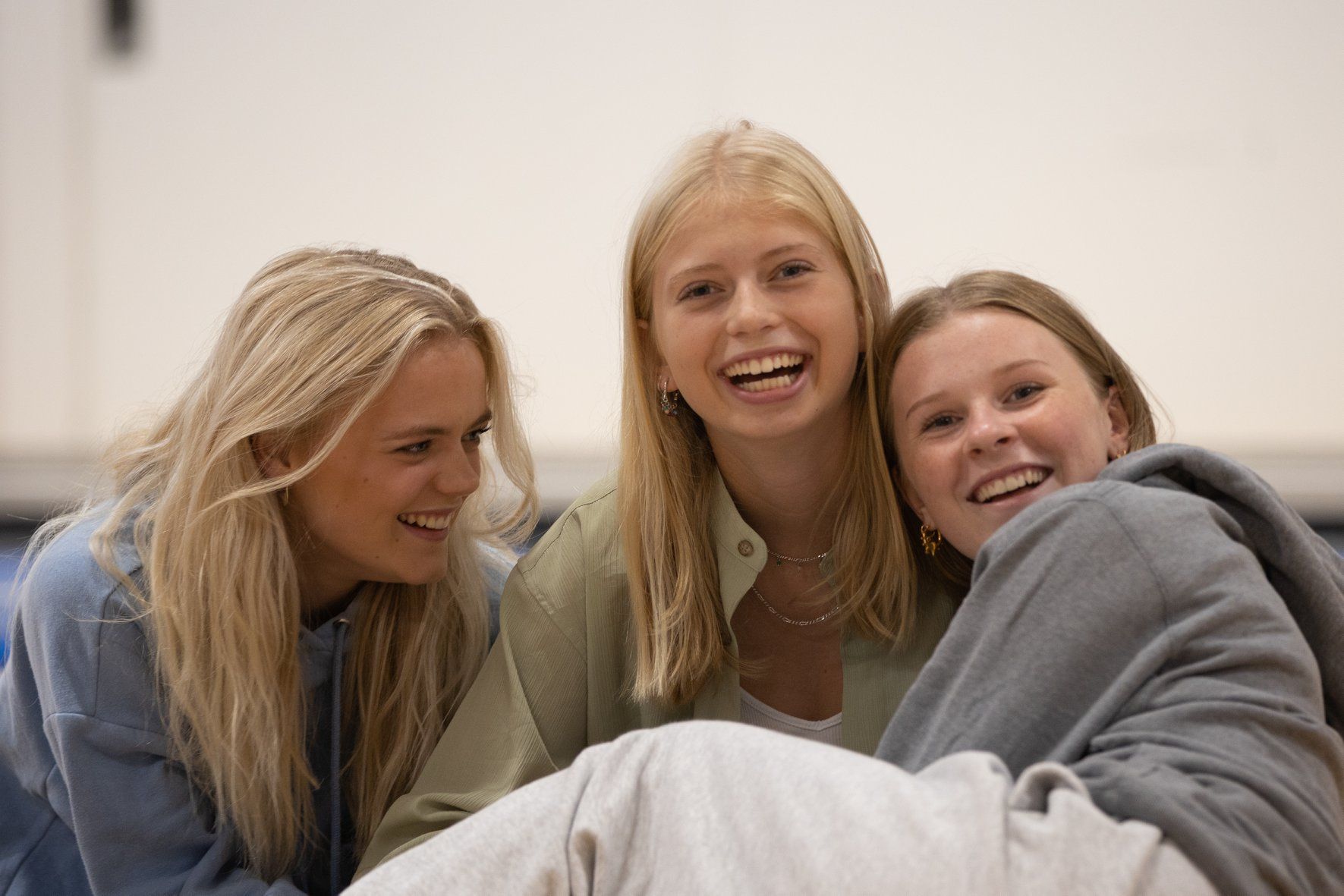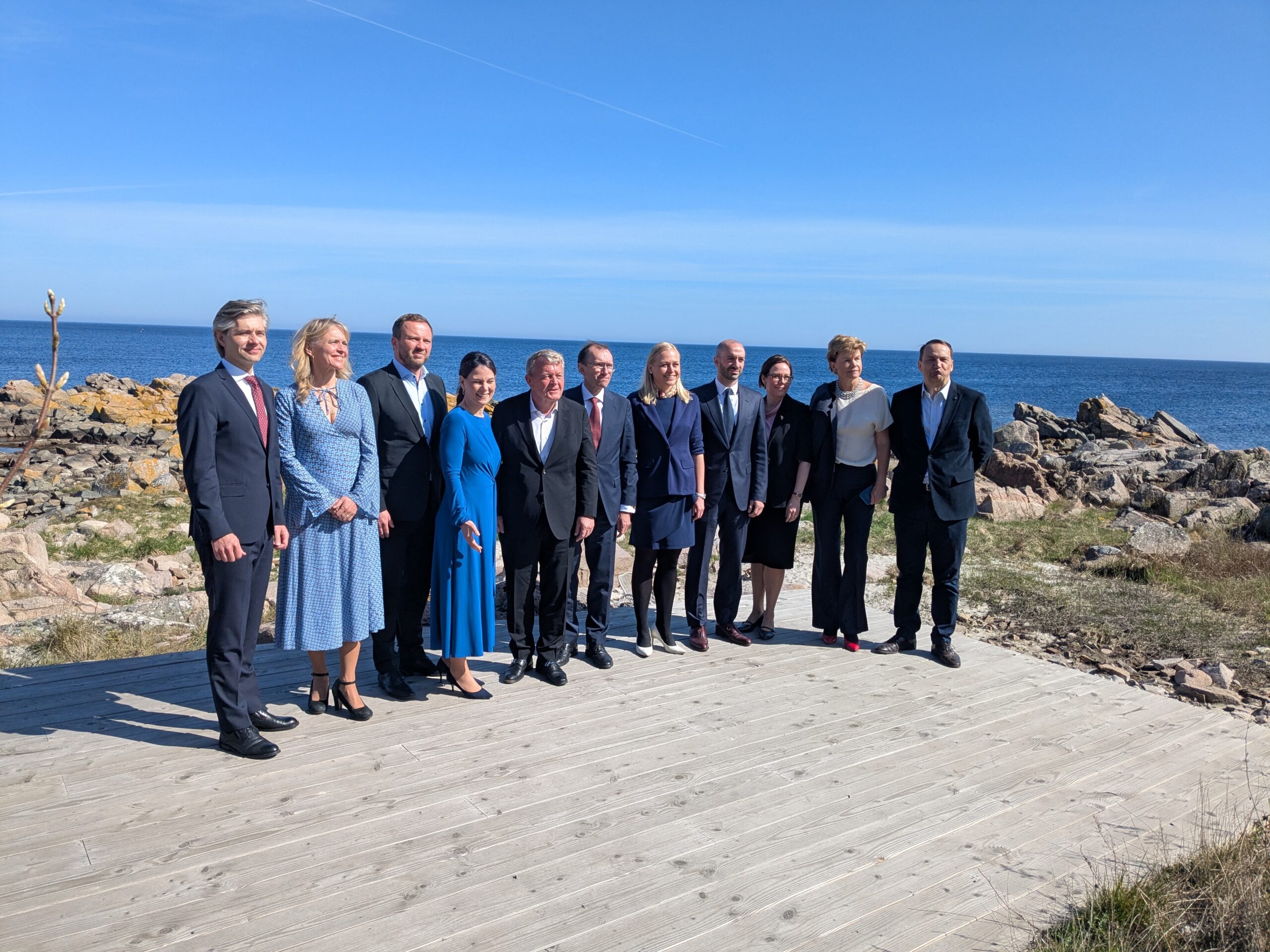In Season 1, Episode 5 of the iconic series ‘The Sopranos’, Tony takes his daughter Meadow on an epic road journey to check out a few colleges, and you’re best advised to follow suit – only leave out the bit when you garrott the rat on the Witness Protection Program.
Tony and Meadow give themselves a whole weekend for their college viewing, but is this even enough. With such a huge variety to choose from, it might be best going on two or three road or rail journeys if you want to make an informed decision.
After all, while the specialisation course might sound amazing, visiting the actual school might change your mind, or even the locale. This is potentially one of the most pivotal moments of your child’s life – a time to blossom, for many – and no choice could be more important.
In some cases, it may be possible to go on a 24-hour trial course to experience efterskole life before committing to a longer stay. While some efterskoles offer shorter courses, such as Easter and summer camps, or confirmation courses.
Catering to specifics
Some efterskoles specialise in helping students to catch up – particularly late-developers, or other children, who have not done so well within the established school system.
Children can regain their confidence in themselves in a protective and social environment and become motivated to continue their education.
Others cater to those with learning difficulties, with 18 set up for students with special needs and 20 for dyslexic students.
And there are plenty of different language options. Some schools provide all their tuition in English and others offer bilingual programmes or cultural programmes designed in a wide range of languages, including Chinese, Spanish, Portuguese, German, Italian, Romanian and Hungarian.
Obligations to the state
Remember that although efterskoles are private and self-governing, they receive substantial state subsidies (see next page).
The school governors are responsible for the running of the school, but must abide by the rules laid down by the Ministry of Education in order to maintain their subsidies.
Exceptions can be granted, though. For example, efterskoles can elect not to hold exams in history and religious instruction if this does not fit in with their educational philosophy.
If they do so, they will have to substitute other subjects from the humanist canon. Pupils from an examination-free school will have to take an entrance examination if they wish to continue in an upper-secondary school (high school/gymnasium).
The full lowdown
As well as giving helpful information about efterskoles in general, efterskole.dk/en provides a comprehensive survey of all the individual efterskoles, listing special requirements, the subjects on offer and availability of spaces per school.
There are links to the schools’ websites and it certainly pays to use these to get a fuller picture of what is on offer at the individual institutions.
There is also a waiting list that prospective students can sign up on if the school of their choice is full.
State subsidy rules
Parents are expected to pay between 33 and 50 percent of the cost, while the state pays the remainder.
These fees vary from school to school, and they cover tuition, the cost of full board and lodging at the school and all local excursions, including study tours. They may also include certain items of clothing needed by students.
The state subsidy is based on the child’s household income – namely the amount earned over a period of two tax years 20 months before school starts.
For example, if a student wishes to start efterskole in the school-year 2021/2022, the support given is based on income earned in 2019 and 2020.
Who is included
If just one of the parents resided in the household, but with a new partner, both incomes will form the basis of the calculation. Income earned by other children living at home or other family members living in the house is not counted.
The revenue base is also reduced for each child under the age of 18 who has a folkeregister address at the house, excluding the child wishing to attend efterskole. This also applies to any children of the new partner.
If the child’s parents are separated or not married and have different folkeregister addresses when the course starts, the revenue-base for the person who the child lives with, or has lived with most recently, is used, together with that of any possible new live-in partner.
If a parent or partner dies whilst the student is receiving efterskole support, or a separation or divorce takes place, the school will report this to the authorities and a new calculation will be made regarding the amount of support paid.
Non-Danish citizens
The state also extends financial support to non-Danish citizens attending an efterskole course as long as it is a minimum of two weeks duration and if the age and residency criteria applicable to Danish citizens are fulfilled.
There are also three extra criteria (see factbox), but regarding points 2 and 3, bear it in mind that if the tax authorities are unable to make a determination of the parents’ income revenue-base, support will be extended based on an income revenue-base determined in consultation with the school.
The state will also provide basic support to foreign students if one of the parents has previously held Danish citizenship.
In cases in which foreign students fall outside the above-mentioned rules, the state will not provide individual support but there will be ‘taxameter money’ (a block grant based on the number of students) paid to the school as long as the number of foreign students at the school is less than half of the total.
Extra financial help
It is also possible to seek extra financial support in addition to the state grant. Every year, schools receive a sum from the state that is earmarked for helping parents who have difficulty meeting the school fees.
This money has to be sought from the individual school that the child attends. It is then up to the school to decide how much and to whom supplementary financial help can be given to reduce the fees.
The SU (Statens Uddannelsesstøtte) grant is not available to students attending efterskoles.














